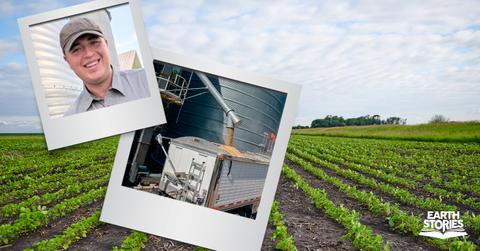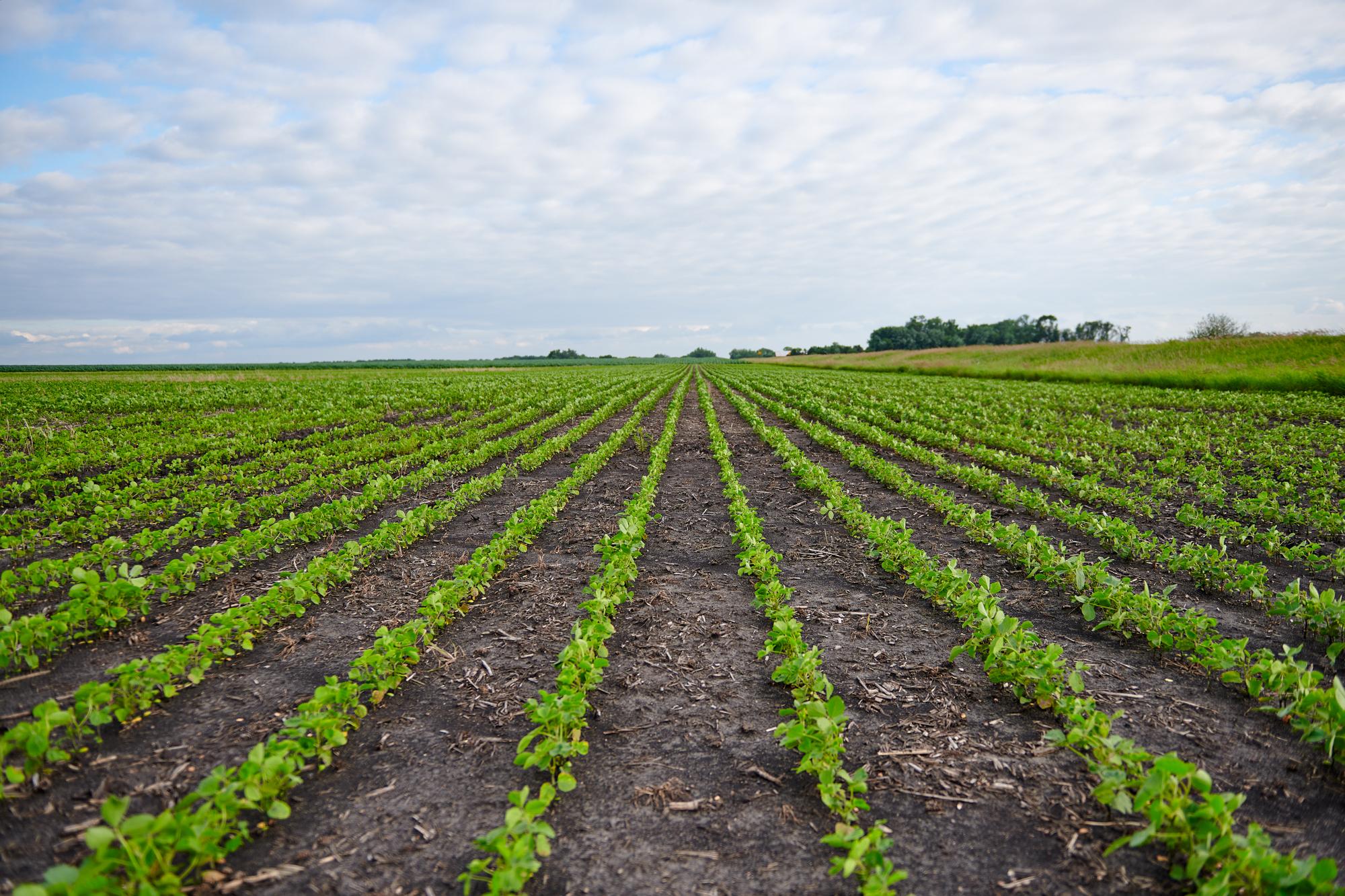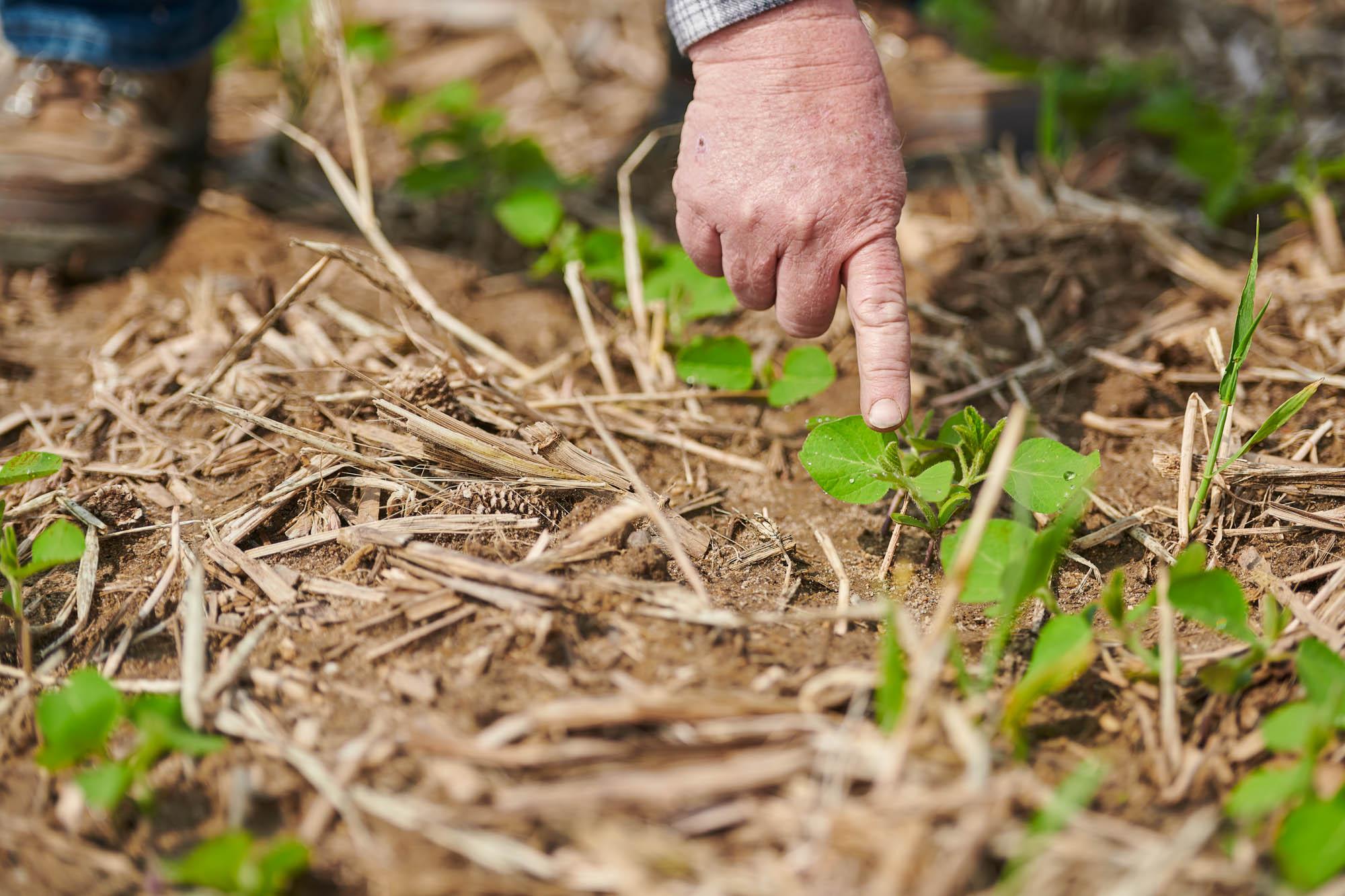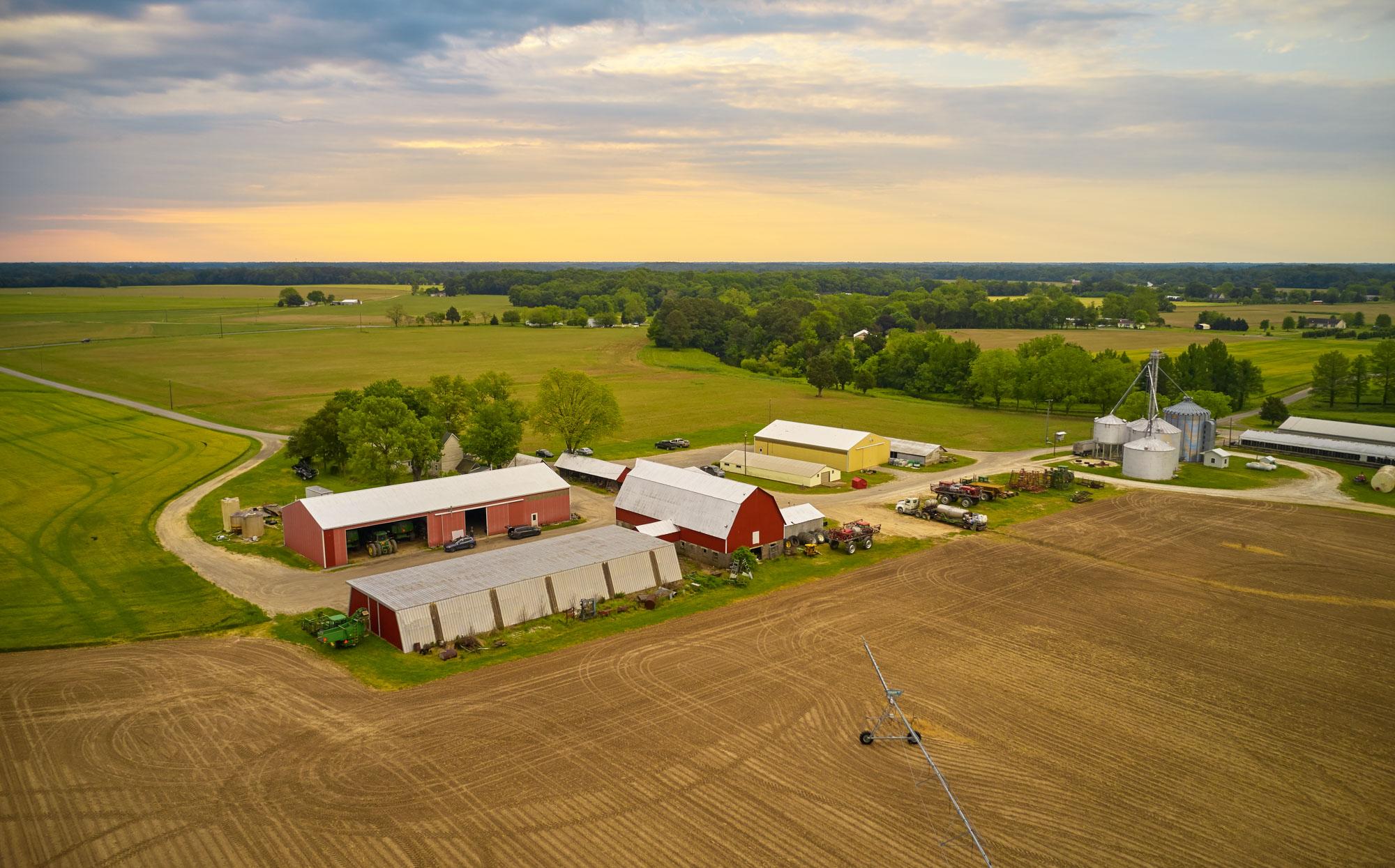A Lifelong Soybean Farmer Shares Sustainable Farming Techniques For Earth Day (Exclusive)
Published April 20 2022, 11:02 a.m. ET

Climate change has become a constant point of conversation for everyone. But as conversations begin to turn to what's next for life on Earth, it's become hard for many to remain focused on what we can do right now to help keep our planet healthy.
"I would hear growing up that space is the final frontier, but I believe we were lied to our whole lives, because soil is the final frontier," lifelong soybean farmer Tony Mellenthin tells Green Matters over the phone, just ahead of Earth Day.
"It's something that we work with, we walk on every single day," he continues. "But we know just a small fraction of what's actually going on in our soil, and getting our soil healthy — and allowing these microbes to work is the next frontier."
While farming and sustainability don't always go hand-in-hand, Mellenthin says he and his father have been working hard the past few years to implement new practices to keep both their crops and land healthy.

Mellenthin shares how he has been working to make his farm more sustainable.
There are aspects of every line of work that can be made more sustainable — especially for farmers.
Though farming is a notorious climate change contributor, there are still plenty of ways farmers can do their part to be more sustainable. Mellenthin shared what he and his father have been doing to make their family farm even more environmentally conscious.
"We implement practices on our farm each and every day each and every year that increases our sustainability that reduces our carbon footprint, and ultimately, should help with climate change," he says, noting how they've had to adapt as the weather becomes increasingly erratic.
"When you have these [climate] intensities, it's much harder to grow a good crop and to manage that crop. We have been able to do it, but the management that takes has increased tenfold."

Mellenthin also details some of the specific practices he and his father have started using regularly on the family farm, including practicing no-till and minimal till farming when growing their crops.
Additionally, they test the soil and the plants before using pesticides and other chemicals to reduce the amount of harmful materials being used on the Earth. This has also included being mindful of which fertilizers they're using on the crops.
"Nitrogen is one element [in] fertilizer that is volatile... And for us to be able to utilize technology to not only reduce our nitrogen use, but optimize it for our crop productivity — we have reduced our nitrogen use and increased our yields," Mellenthin says.
Ultimately, though, these changes are not just for the betterment of the family farm and the planet — these practices are also to keep their neighbors confident in the crops the Mellenthin family grows.

"Between our utilization of technologies, our reduction of inputs, reduction of tillage, we have really increased not only our environmental sustainability but our social sustainability as well," he explains.
"Our neighbors know that we're farming with the best stewardship practices possible. We are maintaining our soil, we are improving our water, we are improving our air, so generations to come can enjoy this Earth."
And his plans for Earth Day?
"I am literally working with the earth on Earth Day," he tells us, noting that it always falls around the time of year when they plant the first crop (though the weather may get in his way this year). "I do hope I get to spend it outside essentially working with the earth."
This article is part of Green Matters’ 2022 Earth Day programming, #EarthStories: A week-long series where we’re sharing environmental changemakers’ personal journeys to environmentalism. We hope that reading these stories inspires you to become more dedicated to climate action, sustainable living, and changing the world.